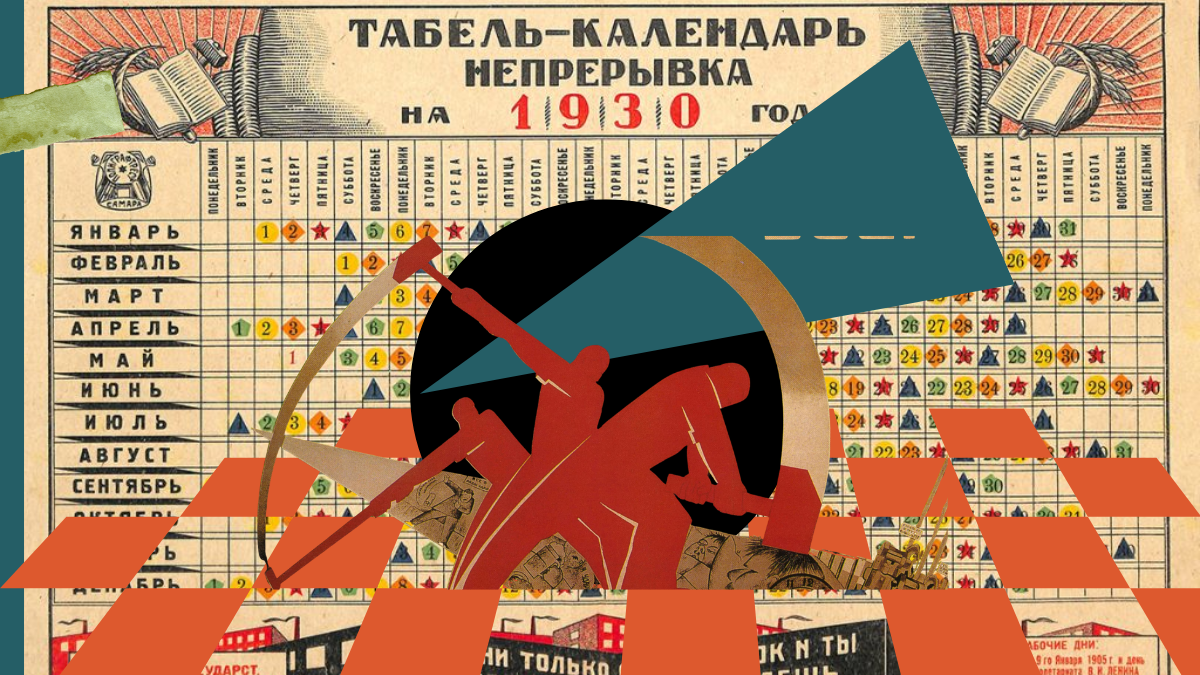Moscow Calling – July in Review
In July 2025, Russian state and pro-Kremlin media continued to develop a systemic narrative about Russia as a besieged fortress forced to defend itself against external pressure and internal traitors. The thematic agenda remained alarmist and militaristic, with an increased geopolitical focus: the spotlight was not only on Ukraine, but also on the South Caucasus, Central Asia, and the West as a whole. Leading media outlets synchronously picked up on topics embedded in the larger narrative of a “systemic conspiracy” against Moscow.
Ukraine remained central, but the rhetoric shifted from frontline stories to an allegedly growing social and political crisis within Ukraine. Articles emphasized that Western partners had lost interest in Kyiv, protests within the country were growing, and anti-corruption agencies were under pressure from Zelenskyy’s office (RIA Novosti). This presentation reinforced the image of Ukraine as a failed, authoritarian state that was losing support and sliding toward collapse. The notion that the pro-Western course was destined to collapse was reinforced (RIA Novosti).
The second key line was the situation in Armenia and the South Caucasus. Armenia was presented as a country that had betrayed its strategic alliance with Moscow for the mirage of Western integration (RIA Novosti). Media outlets painted a picture of deep political destabilization, moral decline, and the destruction of national identity. Nikol Pashinyan was demonized: he was portrayed either as a naive, manipulated leader or as a conscious agent of the West (article by Ruben Margaryan, Voice of Armenia). At the same time, it was emphasized that ordinary Armenians allegedly still sympathized with Russia, and therefore Moscow still had a “moral right” to intervene (RIA Novosti, Tsargrad). Meanwhile, Azerbaijan was mentioned in the context of “agreements with the West” and Turkish influence (Voennoe Obozrenie), which fit into the general picture of Russia being pushed out of the region by colluding external forces.
The topic of migration and ethnic threats occupied a separate place. Continuing the theme of the terrorist attack at Crocus City Hall in March 2024, in July this year, Russian media continued to stir up links between migrants, Islamic radicalism, and internal instability (Tsargrad, RIA Novosti). Examples include publications about the mass deportation of Tajiks and accusations against the Azerbaijani diaspora, which was portrayed as a carrier of criminal structures and instruments of influence (Voennoe Obozrenie). These stories were used to justify the intensification of repressive measures and as an argument for revising migration legislation (Tsargrad). Xenophobia was presented as a legitimate element of state security.
A powerful emphasis in July’s rhetoric was the intensification of anti-European and anti-American sentiment. Secondary U.S. sanctions against Russian oil were discussed in the context of Donald Trump’s election campaign, and his unpredictability was emphasized: Russia was portrayed as a victim of a foreign geopolitical game, where the real target was China and Moscow was being used as bait (RIA Novosti, Olga Samofalova). At the same time, the EU was portrayed as a morally corrupt union dependent on Washington, losing influence and suffering setbacks (RIA Novosti, Tsargrad). Support for Israel, intervention in Iran, and problems with migrants were all combined into an image of the “neo-imperial policy of the West” (RIA Novosti, Voennoe Obozrenie).
At the same time, the image of Russia as the last bastion of order was strengthened. Media outlets actively promoted ideas about “information sabotage,” the need to tighten control, dismantle the liberal legacy, and suppress dissent (RIA Novosti, Tsargrad). The persecution of the opposition, statements against anti-war activists, and pressure on independent voices were presented as necessary measures to protect sovereignty (RIA Novosti, statements by government officials, and comments by propagandists). Domestic discourse emphasized that “indecision is sabotage” and “vigilance is a form of patriotism.”
The overall structure of the propaganda campaign remained stable. Regardless of the topic – whether it was Ukraine, Armenia, migration, the U.S., Trump, or diasporas – the main elements remained the same: an external enemy, betrayal by allies, internal vulnerability, and Russia as the only entity acting consciously and fairly. The slogan of the month was once again a demand for loyalty and mobilization: resistance was equated with treason, and obedience with patriotism. Russian propaganda in July 2025 demonstrated adaptability, synchrony, and ideological consistency in responding to current international and domestic events.
